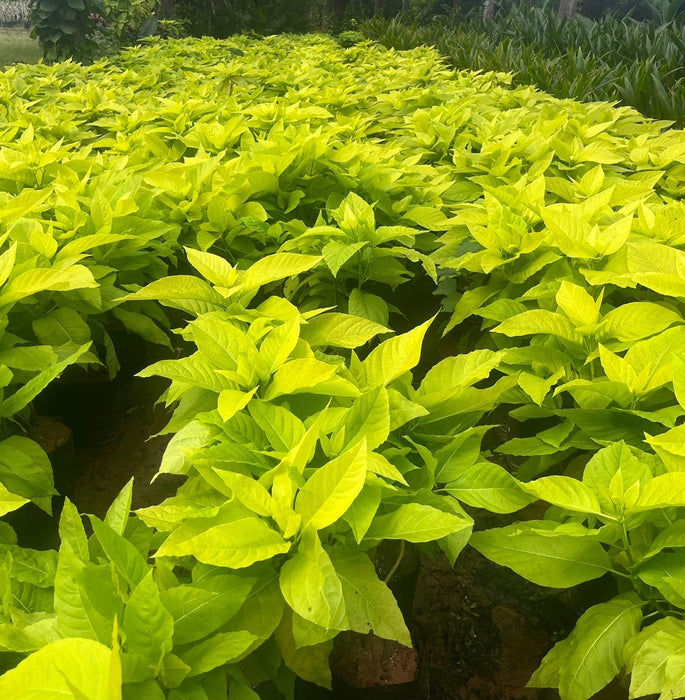
Buy Pisonia Alba (Koles-Maluko) Plant - Exotic and Rare Tropical Plant for Sale
by PlantsMarket
Original price
Rs. 99.00
-
Original price
Rs. 99.00
Original price
Rs. 99.00
Rs. 99.00
-
Rs. 99.00
Current price
Rs. 99.00


